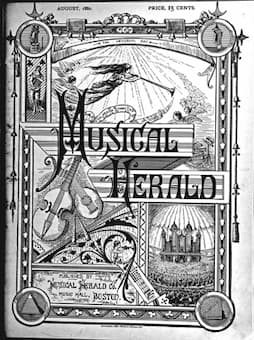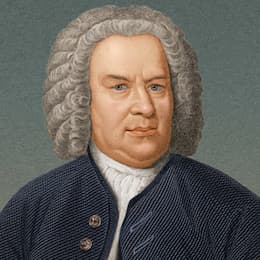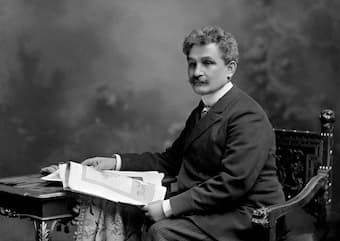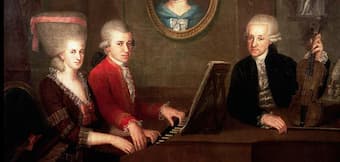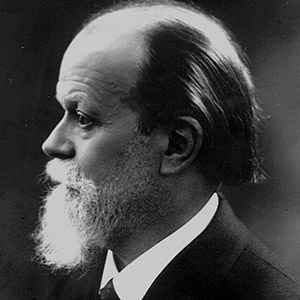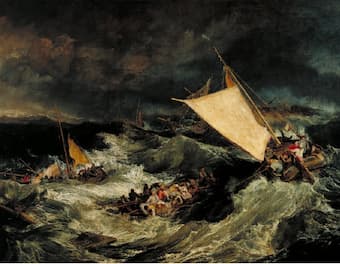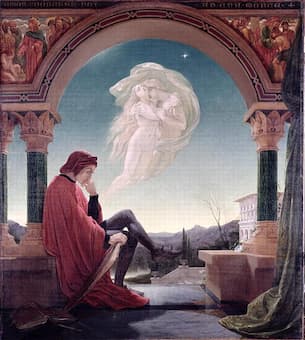For a good many people, including some practicing musicians, music history can be a somewhat distant and dry subject. Educators, scholars and critics have long searched for ways to make this particular subject more palatable. The Musical Herald started publishing
In essence
If you listen to the recordings by Glenn Gould playing Bach, you can’t help but notice that he kept singing, humming or groaning along as he plays. Since audio engineers were not always successful in erasing his voice from the
The nationalism that hit the 19th century and carried through to the 20th century had a profound effect on music. Music that had been ignored for its folk-like character, or its non-urban nature, became the basis for new works that
Throughout his early years, Wolfgang Amadeus Mozart was teamed up with his older sister Nannerl to entertain audiences with music for piano four-hands. And not entirely unexpected, he composed a number of works for himself and his sister. However, once
Jules Mouquet (1867-1946) studied at the Paris Conservatoire and after winning the Prix de Rome in 1896, became a professor at the Conservatoire in 1913. In the early 20th century, Mouquet wrote his lovely flute sonata, La Flûte de Pan.
In 1935, Romanian composer George Enescu (1881-1955) started working on what was going to be a symphonic suite entitled Voix de la nature (Voice of Nature). He only completed one movement, Nuages d’automne sur les forêts (Autumn Clouds over the
Dante Alighieri (1265-1321) was a keen observer of the human condition, and a number of his contemporaries become important characters in his “Divine Comedy.” One such contemporary was Francesca da Rimini, the daughter of Guido da Polenta of Ravenna. Francesca
One of the most interesting cross-generational music styles is the theme and variations, particularly when a composer delves into the past to find his inspiration. How a work gets changed and modernized, its style developed, and a new work created

